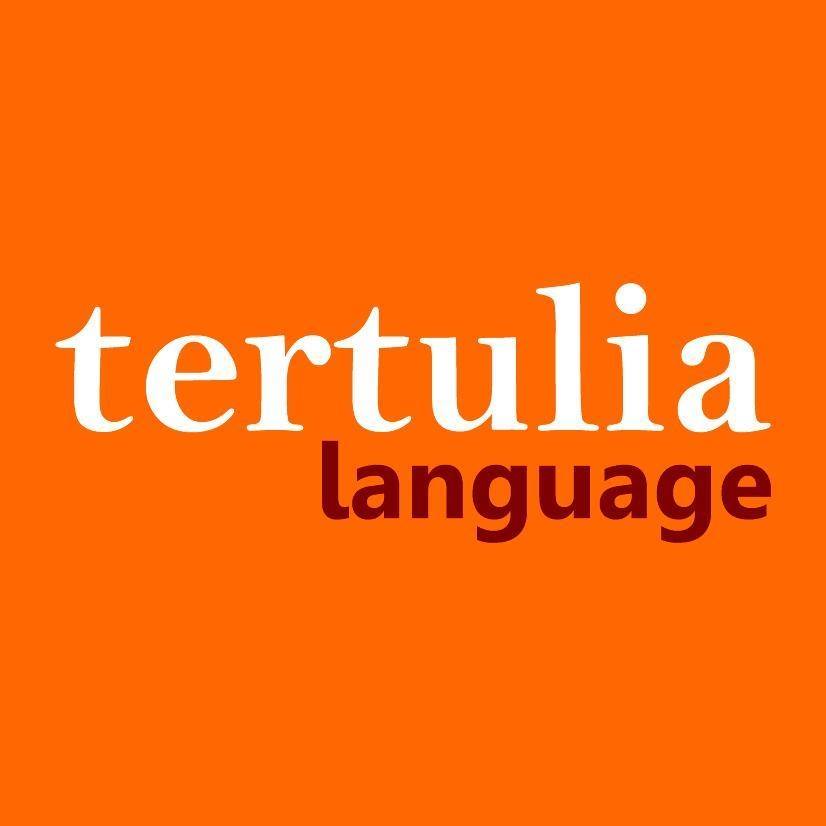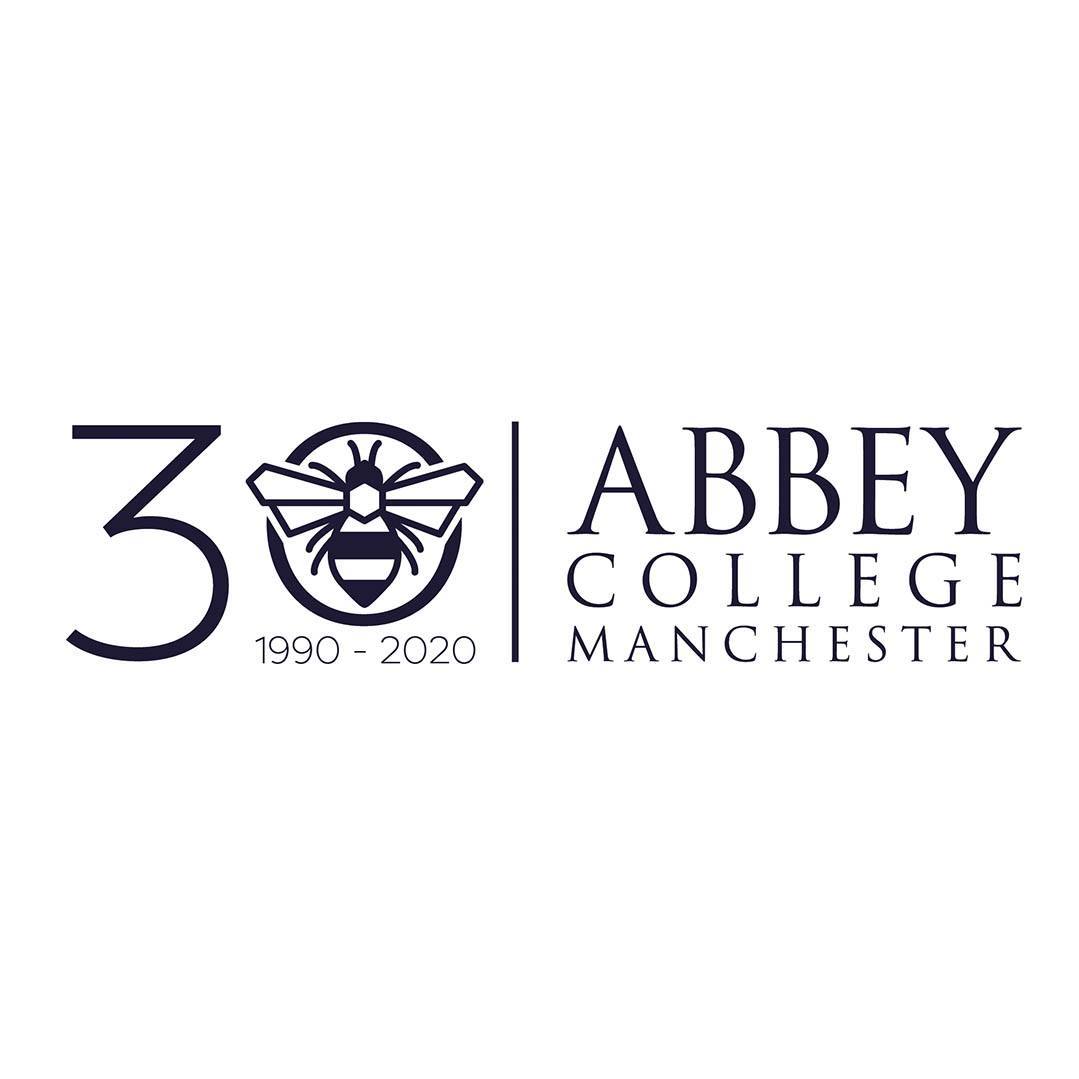more regular use and understanding of more advanced structures and lexis orally and in writing, and growing awareness of different genres and registers

Learning Outcomes
Knowledge and Understanding
Having successfully completed this module, you will be able to demonstrate knowledge and understanding of:
increased knowledge and understanding of contemporary UK and culture-specific issues
more regular use and understanding of more advanced structures and lexis orally and in writing, and growing awareness of different genres and registers
recognition of most grammatical structures, and command of most of them, and know sufficient metalanguage (terminology) to understand and construct accurate descriptions of grammar and of how language is used.
passive skills (increased speed of understanding of written and spoken English language)
enhanced competence in productive skills (speaking and writing in the English language)
Transferable and Generic Skills
Having successfully completed this module you will be able to:
Apply learning, research and organisational skills
Manage your tasks effectively
Evidence intercultural and interpersonal skills
Engage in a range of communication skills: written, oral, and IT
Subject Specific Intellectual and Research Skills
Having successfully completed this module you will be able to:
engage in analytical and evaluative thinking appropriate to language learning skills
develop problem-solving skills to develop your use and understanding of language learning skills
extract and synthesise key information from written and spoken sources
Syllabus
This stage develops linguistic proficiency by focusing on a wide range of source materials, both written and spoken, relevant to the target language culture(s). These sources will provide a framework for developing your ability to understand and use sophisticated language forms applications. Authentic print and multimedia material covering a variety of styles, registers and genres will be used and a range of current topics will be covered.
Teaching and learning methods
Teaching methods include: classes and independent learning.
Classes
Although part of any class session is likely to involve direct teaching, the emphasis is on student participation and you will be expected to take part actively in discussion and in tasks such as small group and pair work, and individual or group presentations.
Independent learning
You will be expected to spend time studying outside the class, and we provide guidance, facilities and materials to help you develop your expertise as an independent language learner.
As you progress through the stages you will learn to understand, monitor and improve your own learning style; you will also acquire some expertise as a researcher and develop the kind of key skills which are valued by employers.
You are encouraged to use the facilities in the university library, which include on-line and computer-based resources, and current newspapers, journals and magazines.
For this stage, you will be asked to prepare exercises and activities for the class , to read, watch or listen to material in the target language, consolidate your class work, to write assignments, undertake projects and continue to develop your repertoire of effective language learning strategies.
History:

Our IELTS course focuses entirely on the skills and language you will need to succeed in the IELTS Academic test, enabling you to make rapid progress.

Improve your English communication skills and improve your employability skills.

Business Language Training Course is Offered by Tertulia Language.

The course brings to light how the whole world revolves around language

The English Path IELTS Preparation courses are for students who want to take the IELTS Academic Exam. This course is designed for preparing students at intermediate level and above for the IELTS Exam. It aims to develop your English skills and improve your exam technique.
© 2025 coursetakers.com All Rights Reserved. Terms and Conditions of use | Privacy Policy